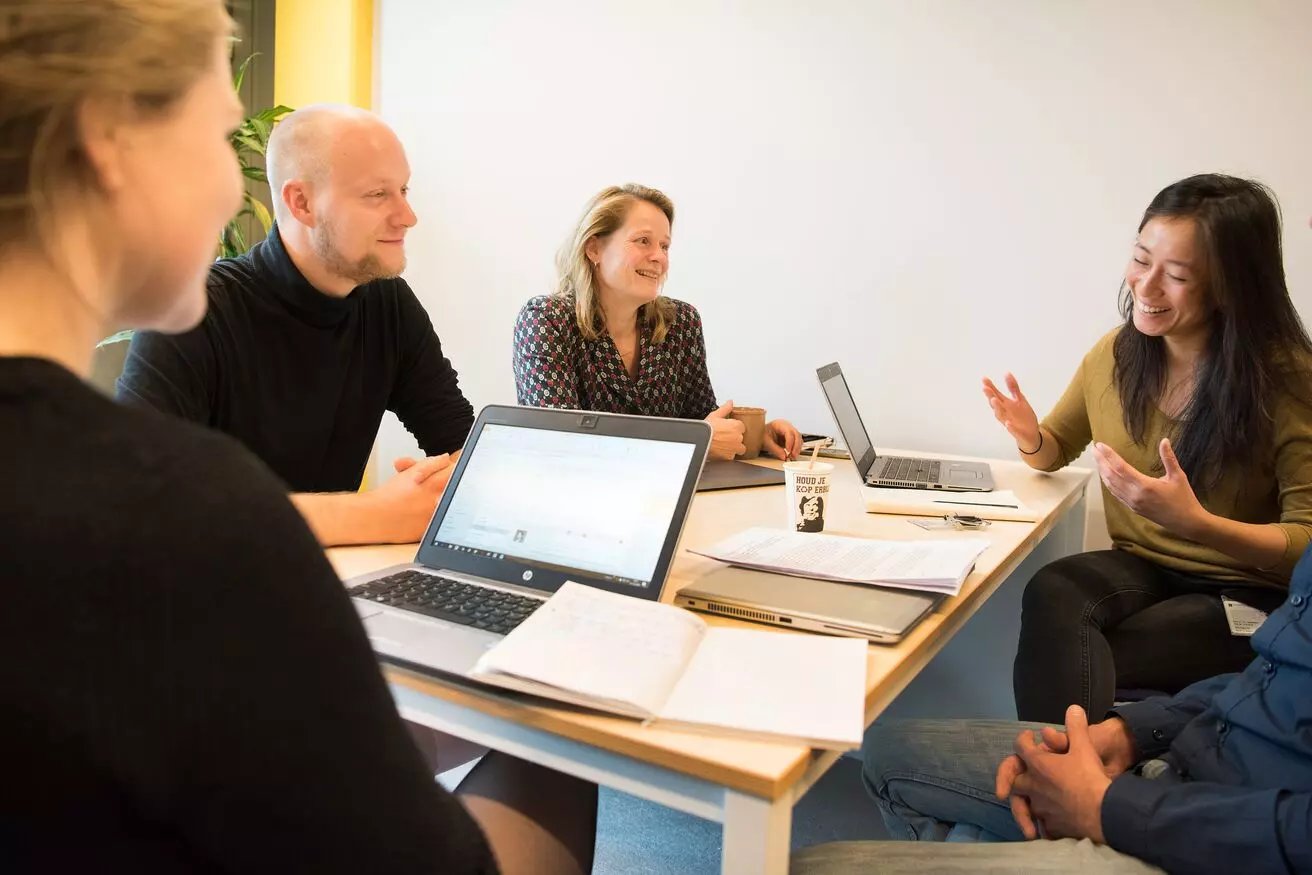Not found

More vacancies

Postdoctoral Position on Estimation and Implications of Invisible Languages on the Internet
- Faculty of Social and Behavioural Sciences
- €4.537 - €6.209
- Closes on30-09-2025
- PhD
- 38 hours
University of Amsterdam’s Amsterdam School of Communication Research (ASCoR) invites applications for a fully funded Postdoctoral Researcher on our ‘Invisible Languages’ project. The postdoc appointee will assess grassroots and digital prevalence for more than 7000 languages currently spoken by humans across the globe, co-develop community interventions in collaboration with international partners, and develop large language model (LLM) frameworks with a dedicated focus on under-resourced languages.
View vacancy

Assistant Professor in Cyber Security
- Faculty of Science
- 38 hours
- PhD
- Closes on15-09-2025
Do you like solving challenges in cyber security? Do you want to become part of a growing team of cybersecurity researchers at the University of Amsterdam whose research contributes to securing our digital world? The Theory of Computer Science (TCS) and Complex Cyber Infrastructure (CCI) research groups of the Informatics Institute are looking for a new assistant professor in cyber security. You will be able to hire a PhD student as part of the startup-package.
View vacancy

PhD Candidate in Experimental Biological Physics of Cardiovascular Systems
- Faculty of Science
- €2.909 - €3.707
- Closes on17-08-2025
- Master's
- 38 hours
Are you intrigued by the physical mechanisms that drive biological processes? Are you passionate about using microscopy, experimental biophysics, and image processing to understand cell and tissue behaviour under mechanical stimuli? Then this might be the ideal position for you! Fluidlab at the Institute of Physics (part of the Soft Matter Group and the Van der Waals-Zeeman Institute) specializes in Biological and Synthetic Active Matter, Complex Fluids, and Multiphase Flows. employs a multidisciplinary approach, integrating theoretical modelling, computational simulations, and cutting-edge experiments, to unravel the fundamental physics of complex fluid dynamics and living biological systems.
View vacancy
This website uses cookies
We, and third parties, use cookies on our website. We use cookies to ensure that our website functions properly, to store your preferences, to gain insight into visitor behavior, but also for marketing and social media purposes (showing personalized advertisements). By clicking 'Accept', you agree to the use of all cookies. In our Cookie Statement. you can read more about the cookies we use and save or change your preferences. By clicking 'Refuse' you only agree to the use of functional cookies.
